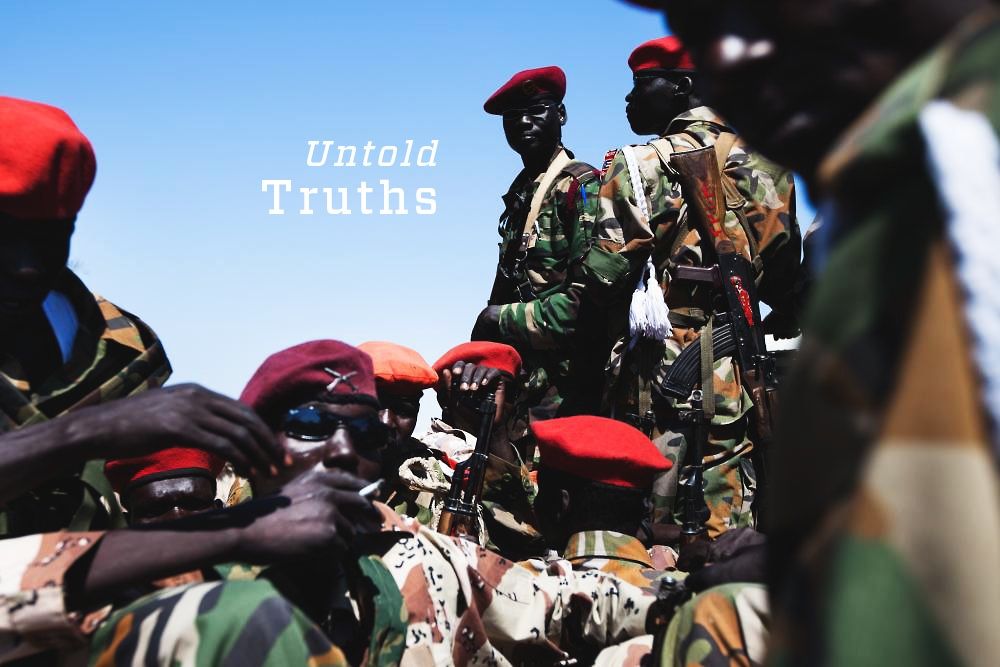South Sudan, the Ivory Coast and Burma (also known as Myanmar) are three countries that have received mostly positive media coverage in recent months—South Sudan for its successful transition to independence, Ivory Coast for its emergence from election-related violence, and Burma for its transition to civilian rule and the release from house arrest of Nobel Peace Prize winner Aung San Suu Kyi. Yet there is a darker side to each of these stories, highlighted in reporting this past week by Pulitzer Center grantees.
Alan Boswell, recounting his recent articles for McClatchy and TIME, stresses the tribal fighting and corruption within South Sudan that makes the situation more complex than the usual focus on Khartoum as aggressor and South Sudan as innocent victim. Austin Merrill and Peter DiCampo, reporting for Foreign Policy, note that in the Ivory Coast there is still strong support for ex-President Laurent Gbagbo—now in the Hague awaiting trial for crimes against humanity—and bitter resentment at reprisals by current President Alassane Quattara. In Burma, as Jason Motlagh reports in a series of dispatches for The Washington Post, the government’s softer stance has so far brought no redress for the Kachin people of northern Burma who continue their fight for greater autonomy.
Alan Boswell is working with photographer Trevor Snapp on an iBook application, funded in part by the Pulitzer Center, that aims to tell the South Sudan story in full. We have also worked in the region with Cedric Gerbehaye, whose haunting portraits of South Sudanese were published this past week in Mother Jones. Our Burma coverage featured photography on the Rohingya people by Greg Constantine for CNN and for Southeast Asia Globe.
Greg’s work and that of journalist Stephanie Hanes are also featured in “In Search of Home,” the Pulitzer Center’s new iBook that is available for purchase via iBooks2 or iTunes. “In Search of Home” is a stunning exploration of statelessness around the world. Apple takes 30 percent of the proceeds for providing the template and platform. All the rest goes to the journalists involved. When you buy the iBook you’re not only part of a bold new venture in publishing, you’re also helping to sustain reporting on issues that matter.
Until next week,
Jon Sawyer
Executive Director
